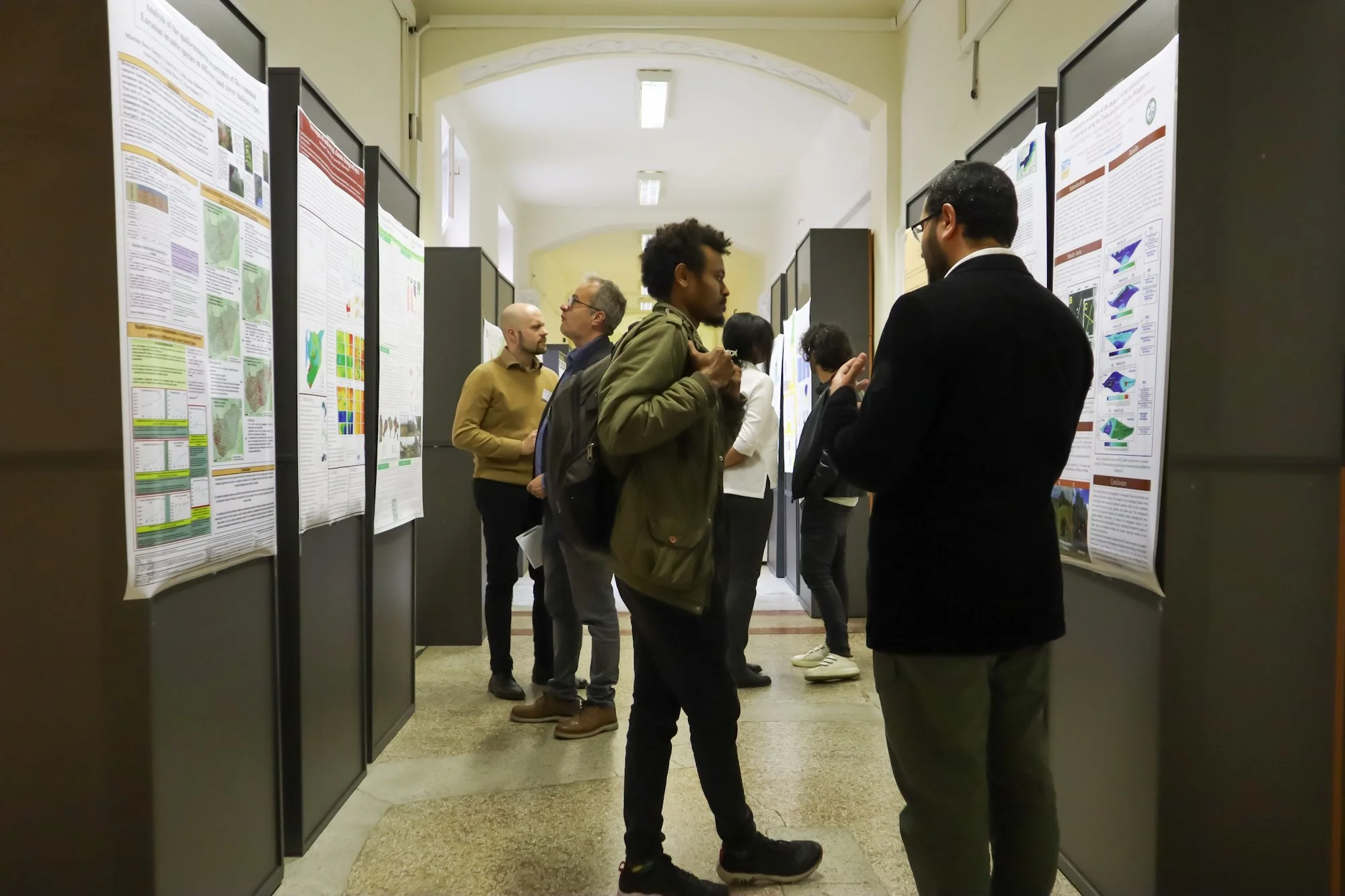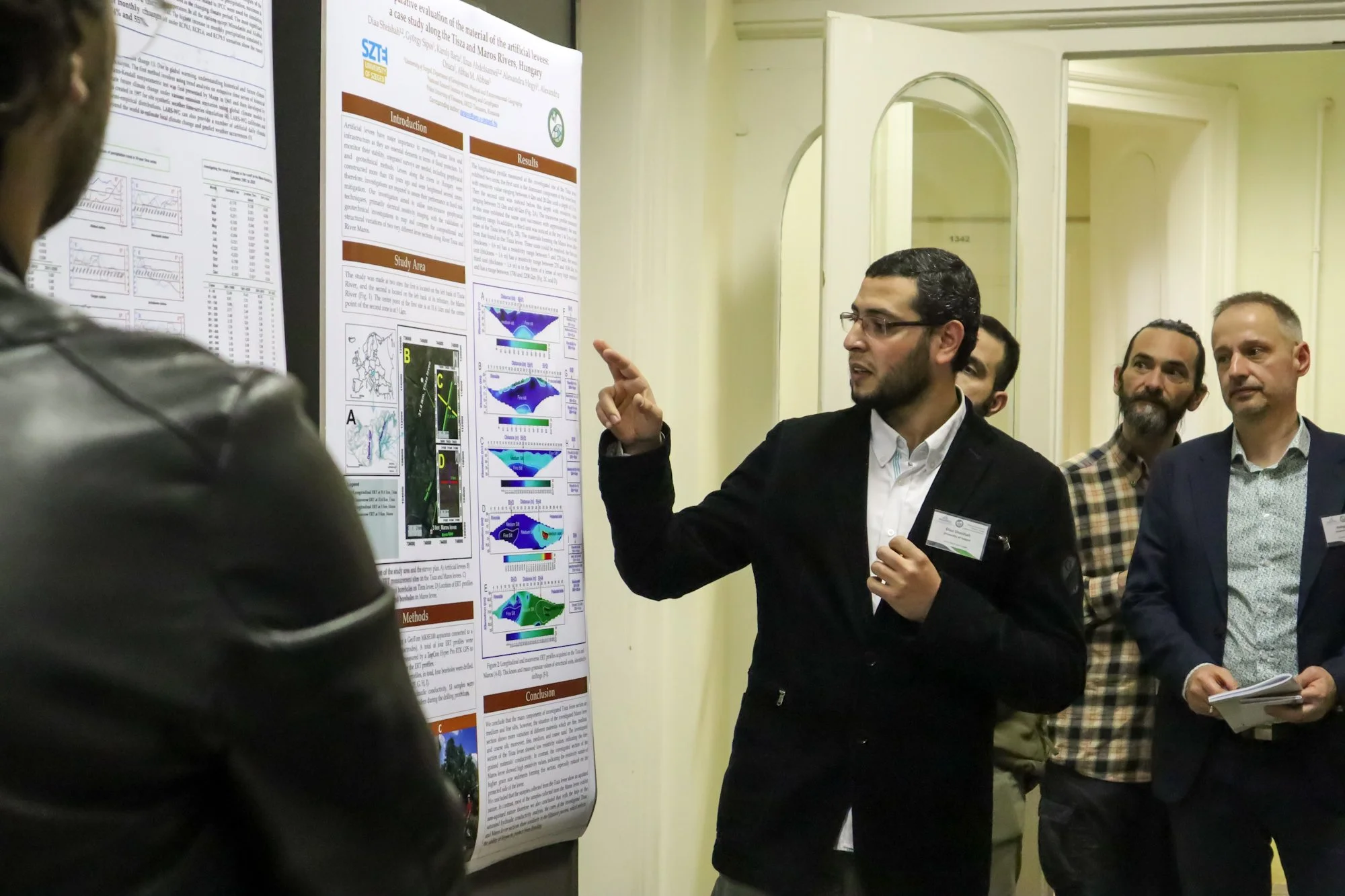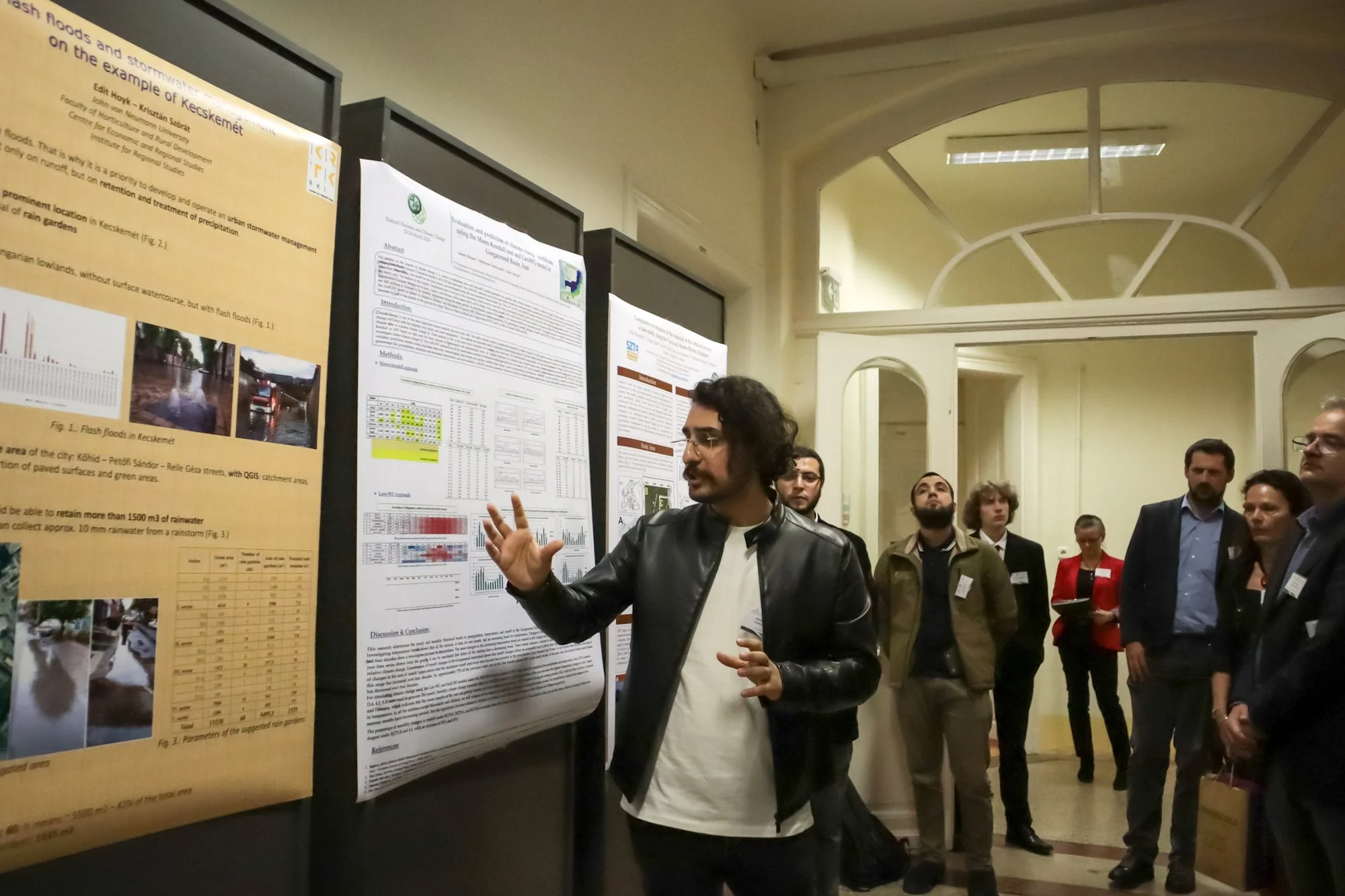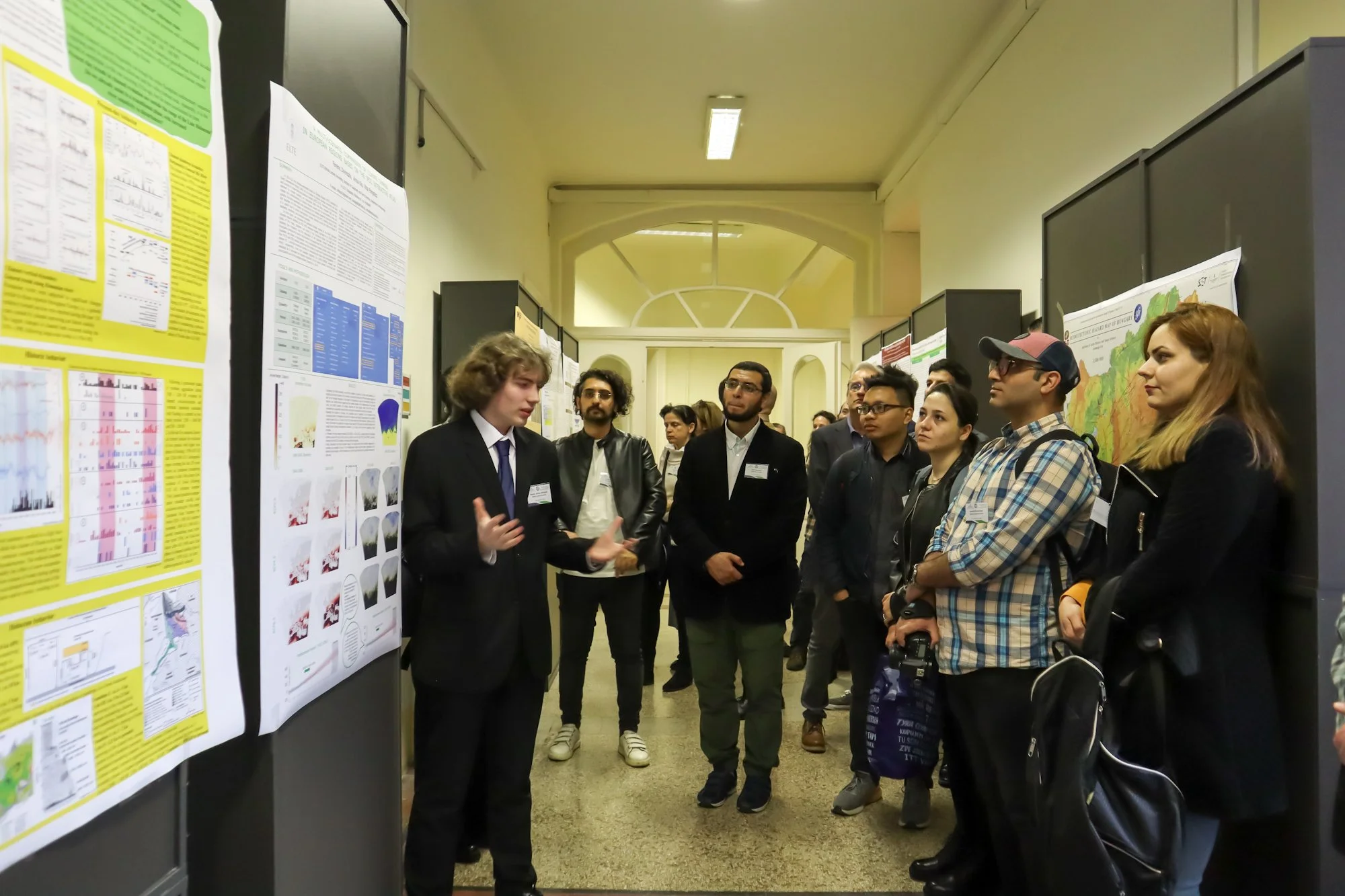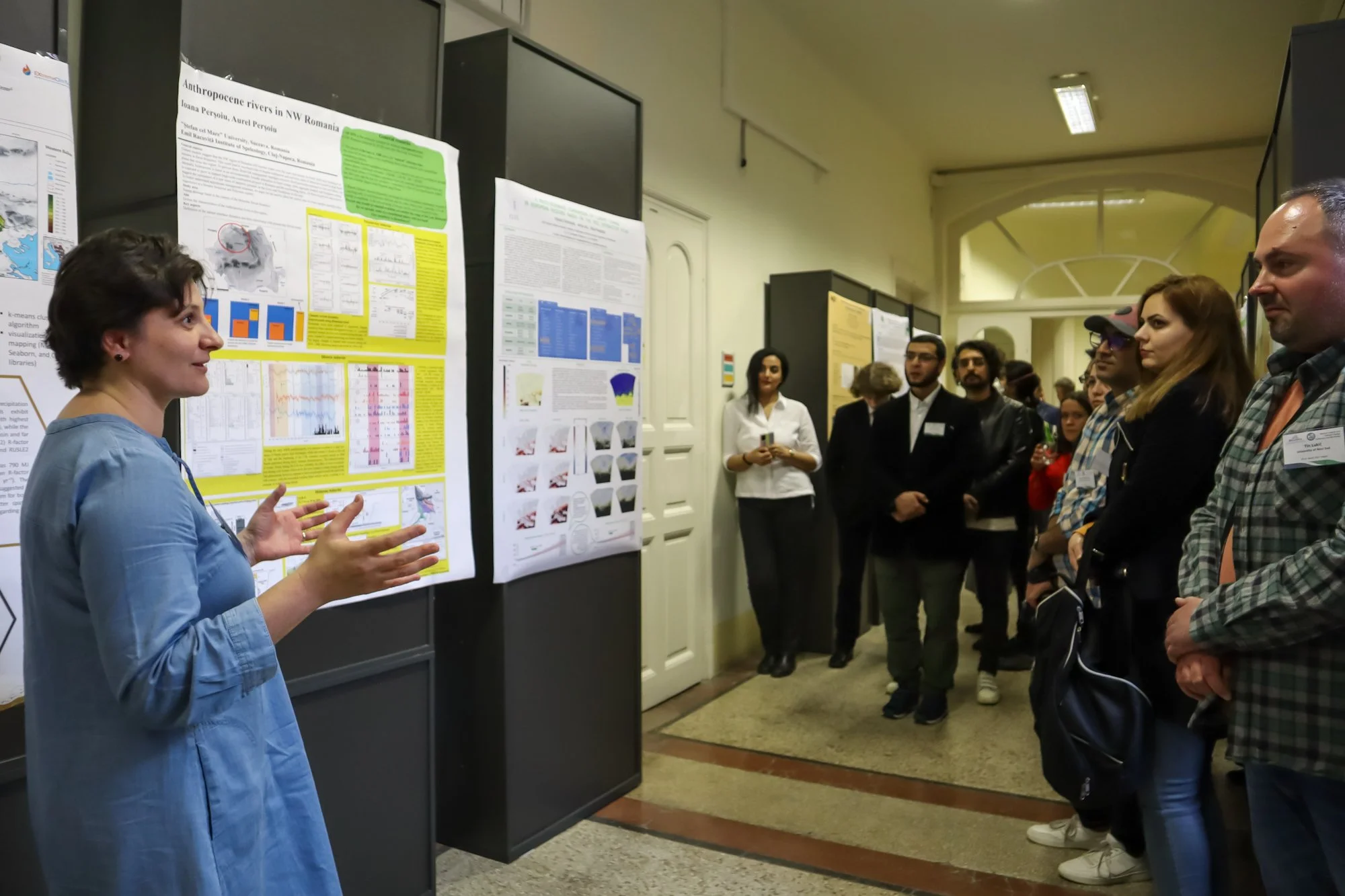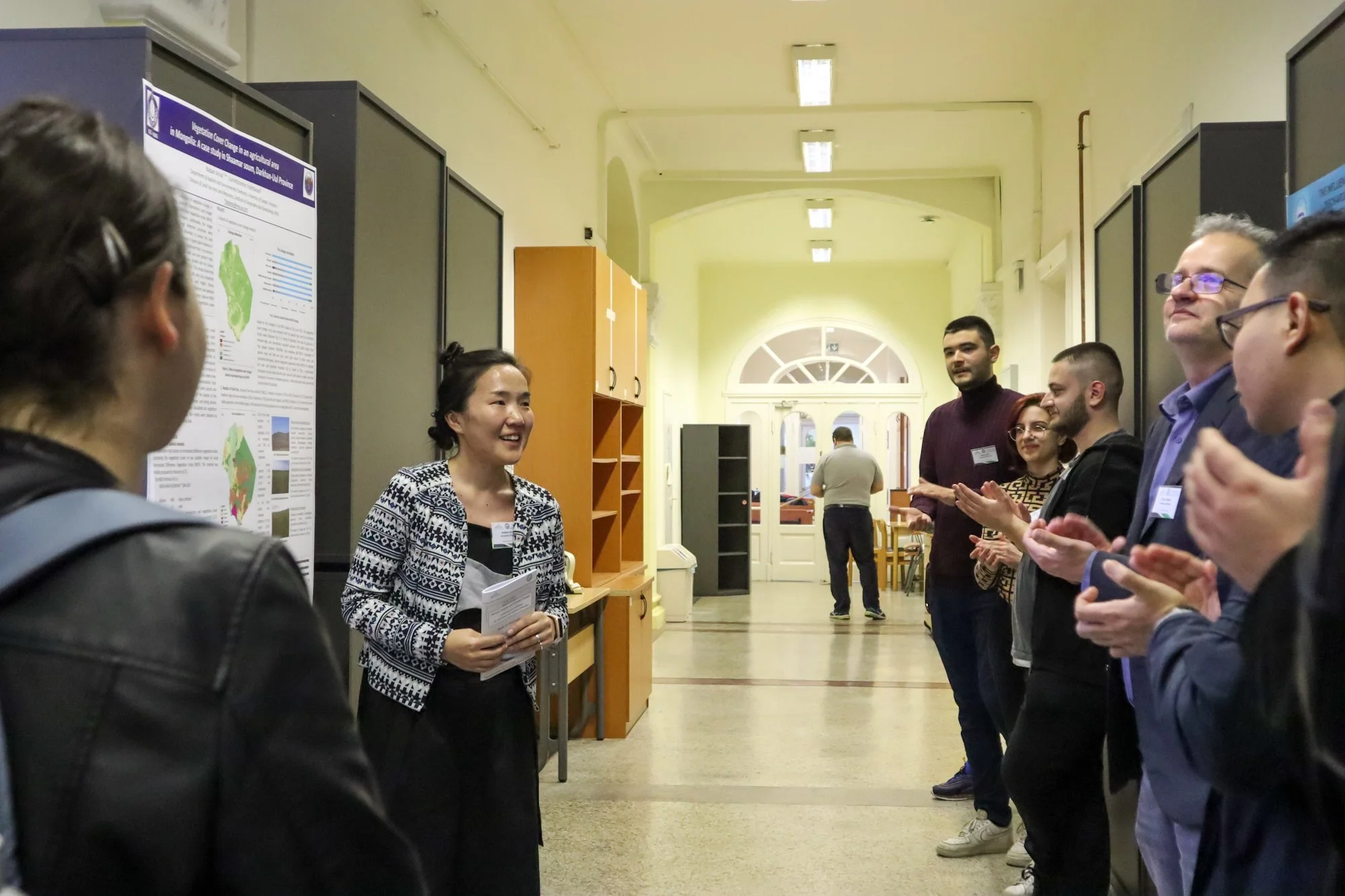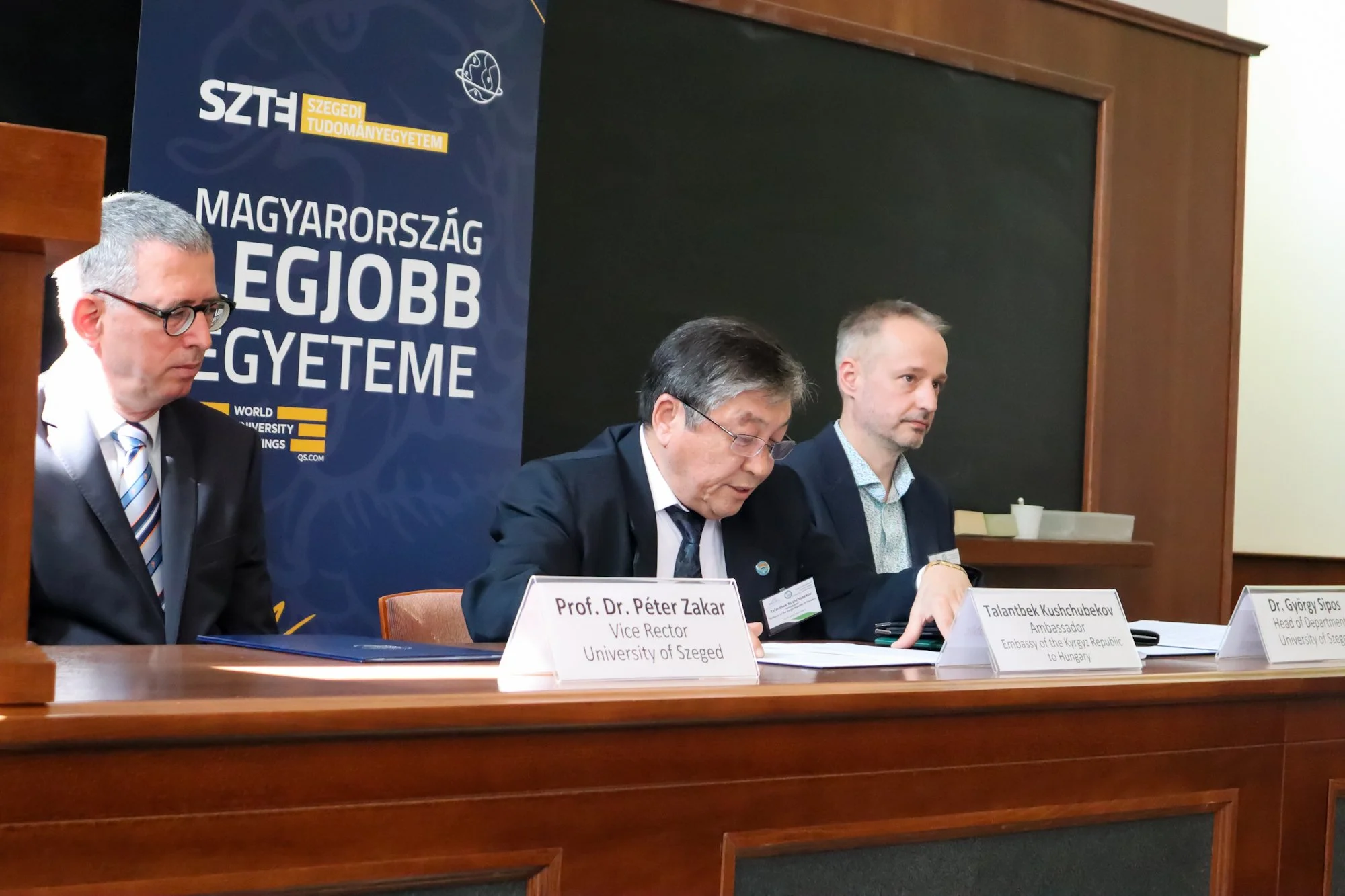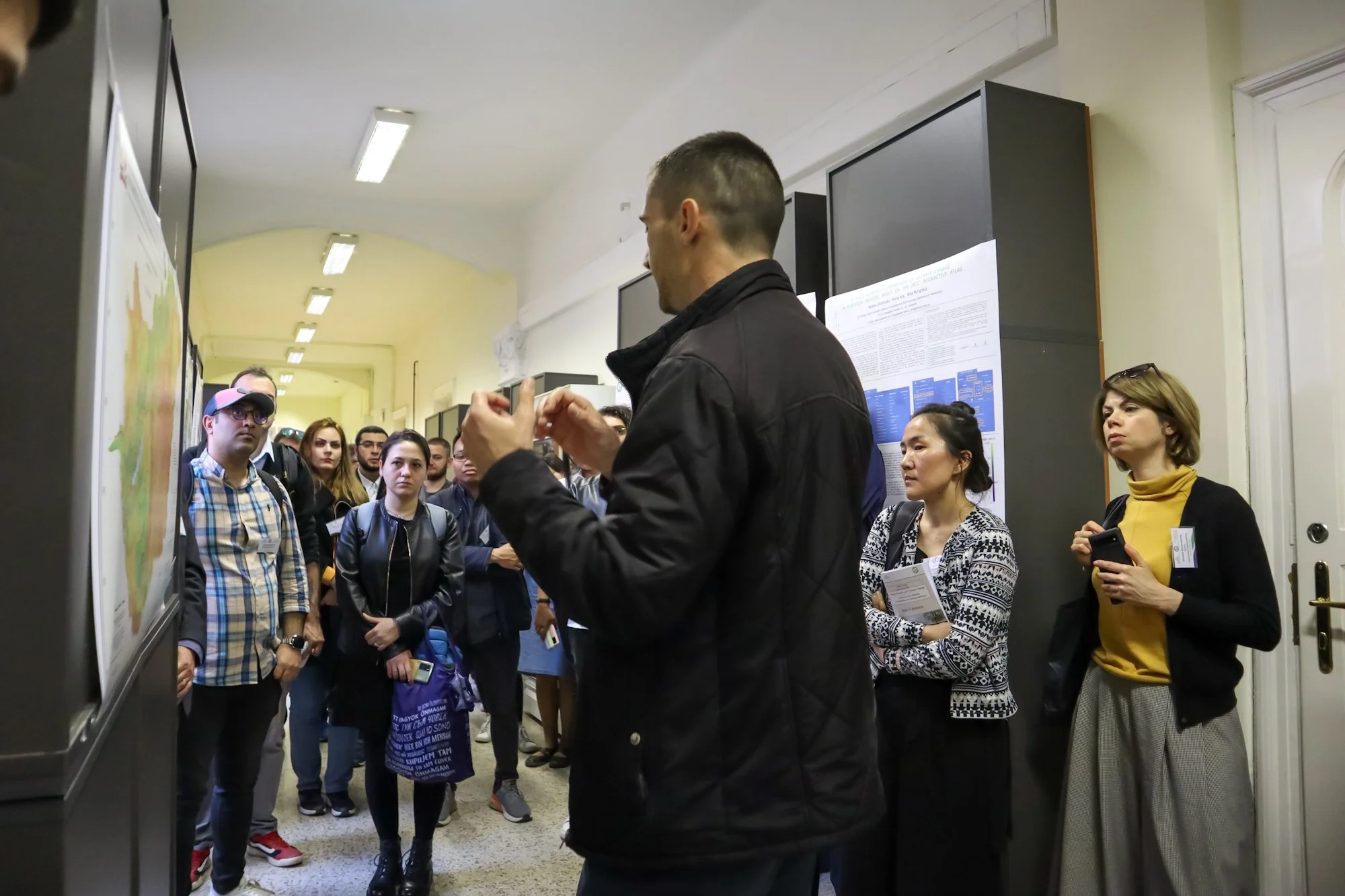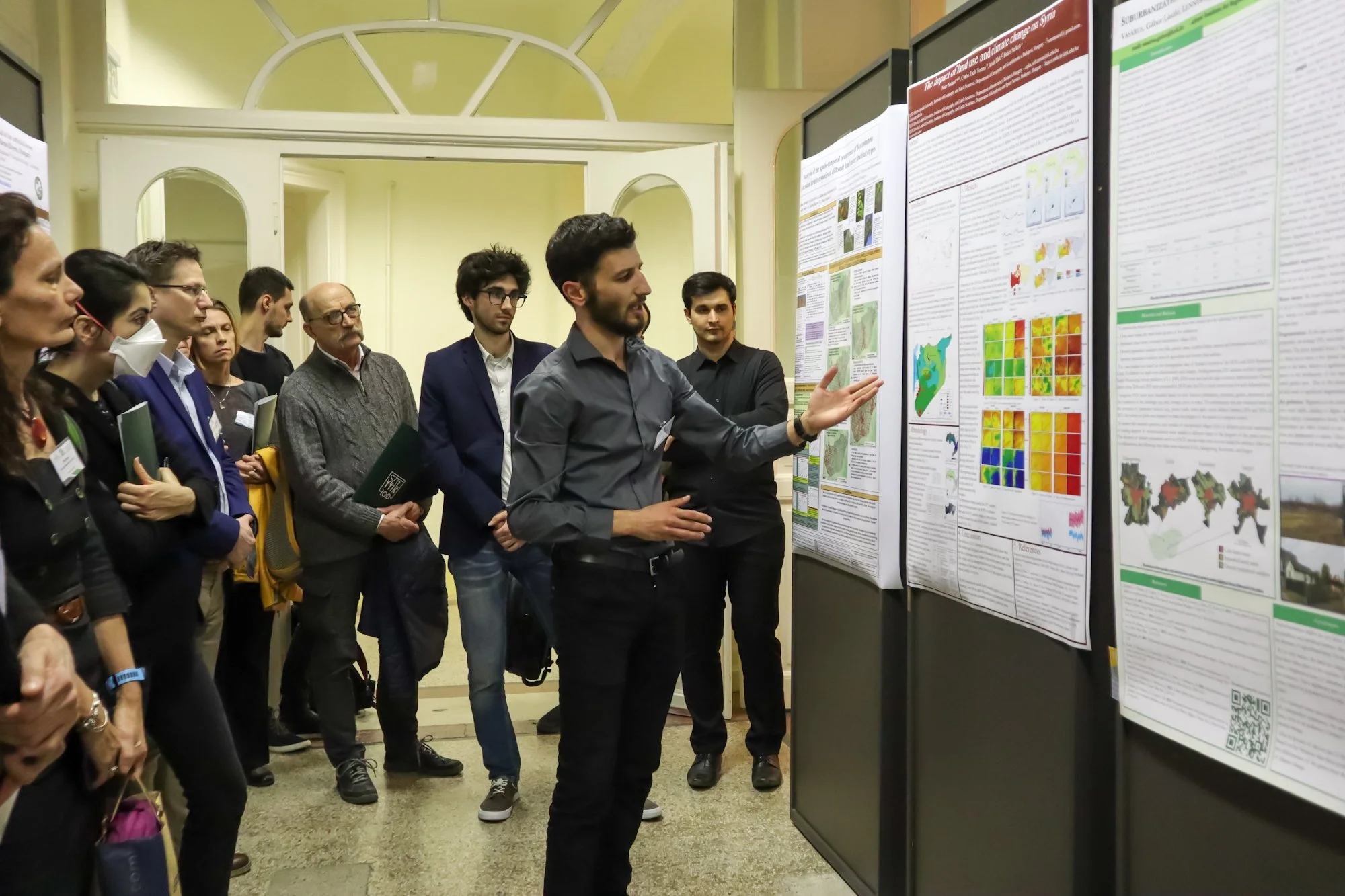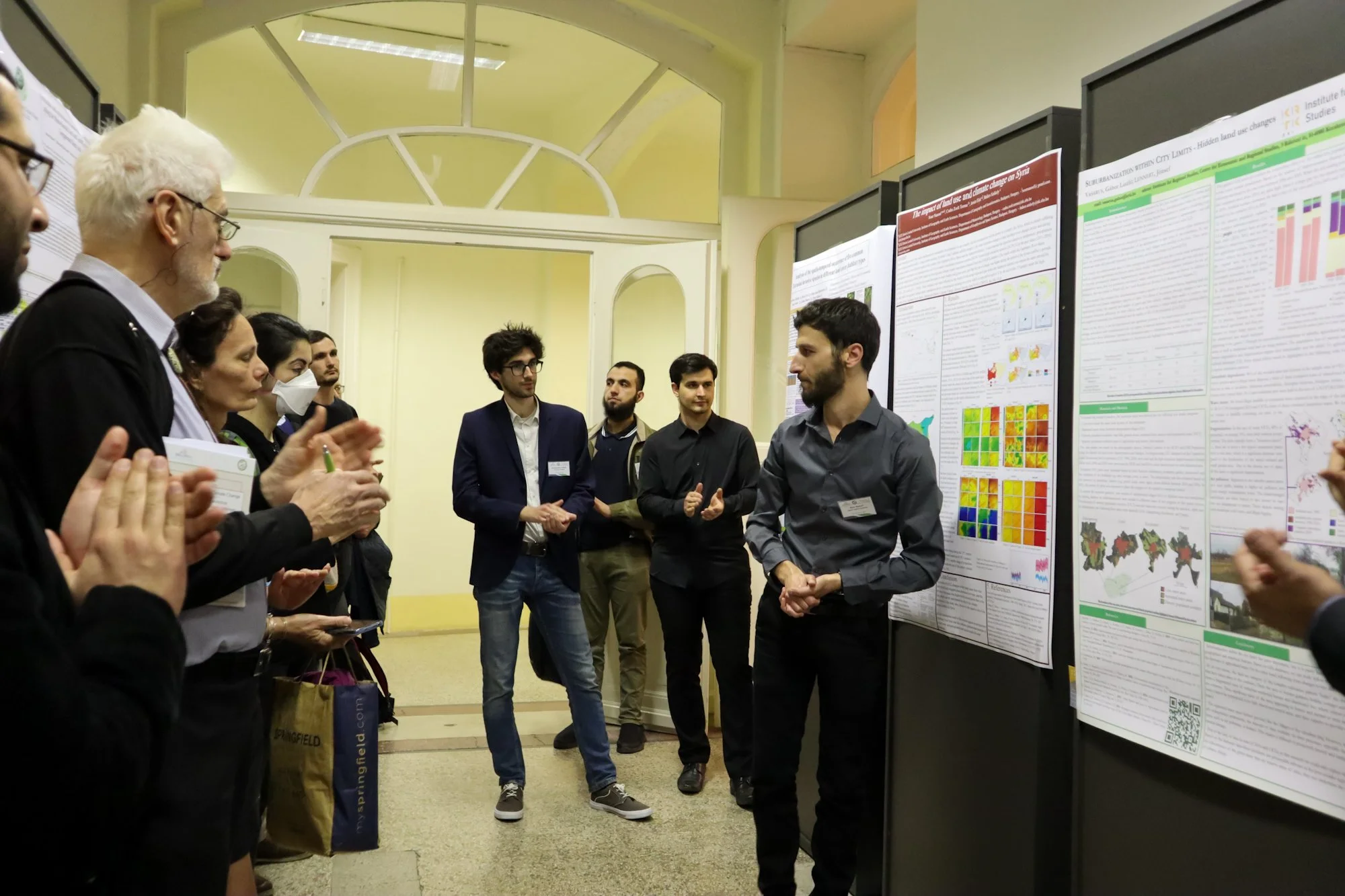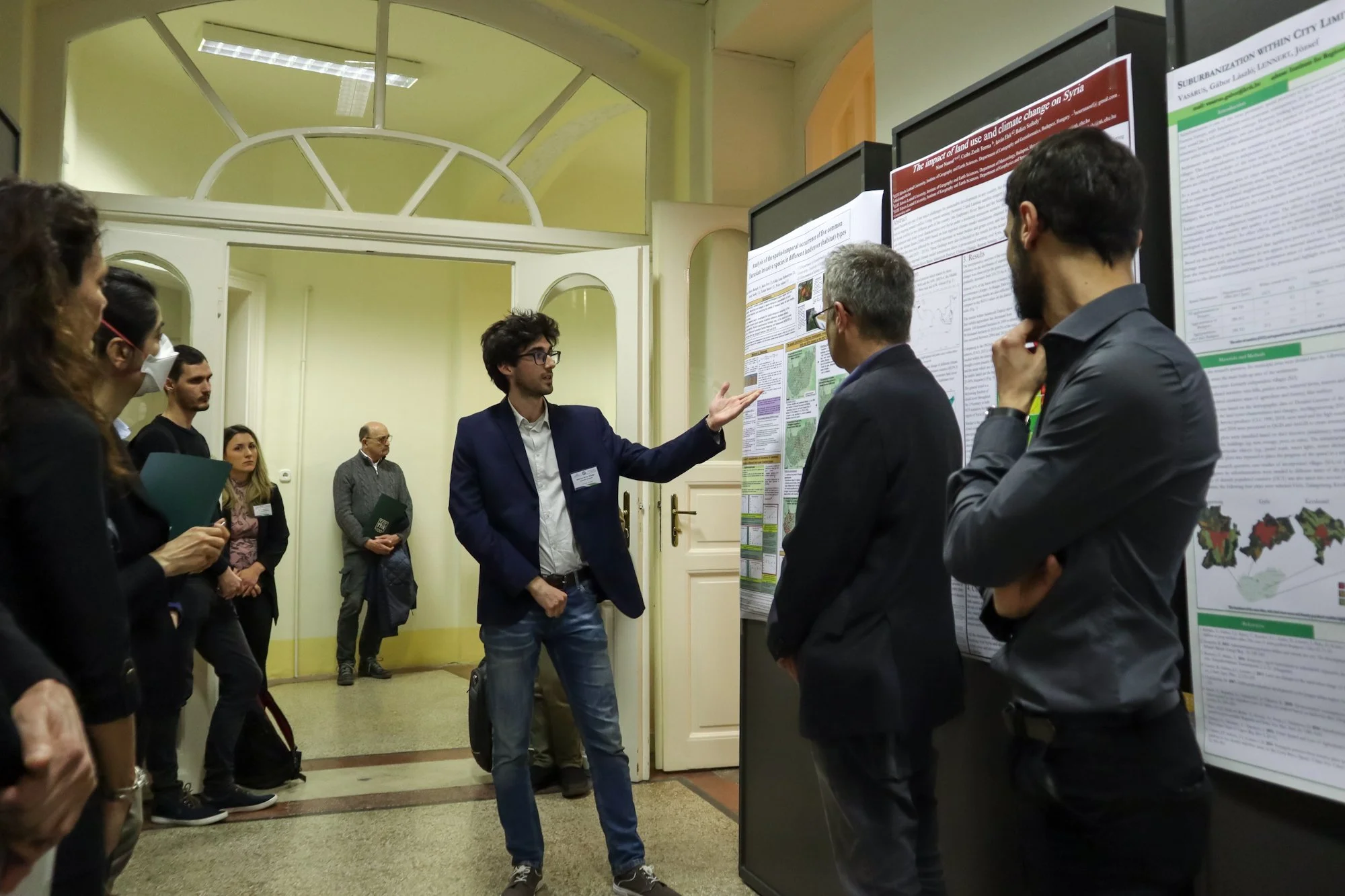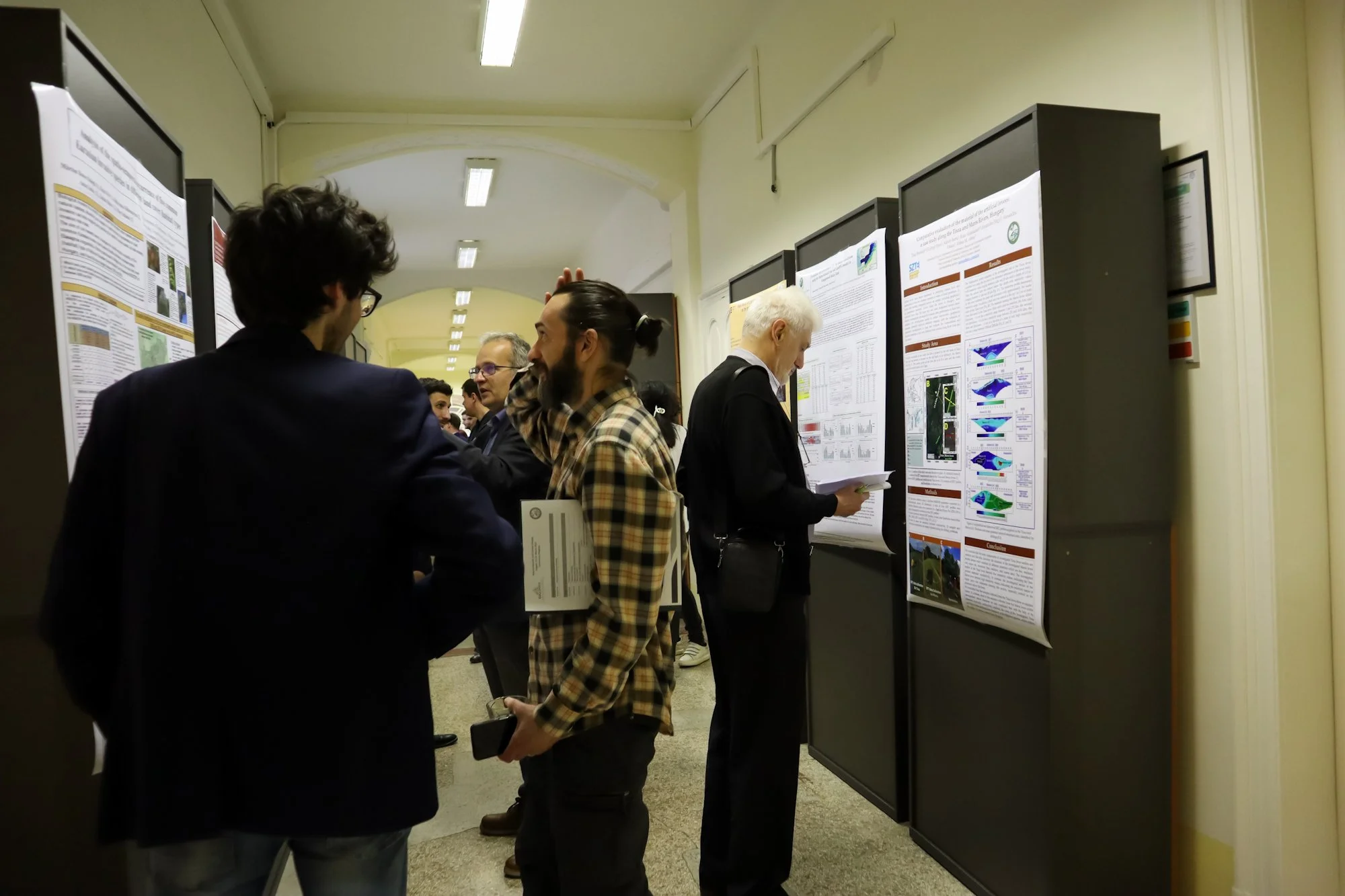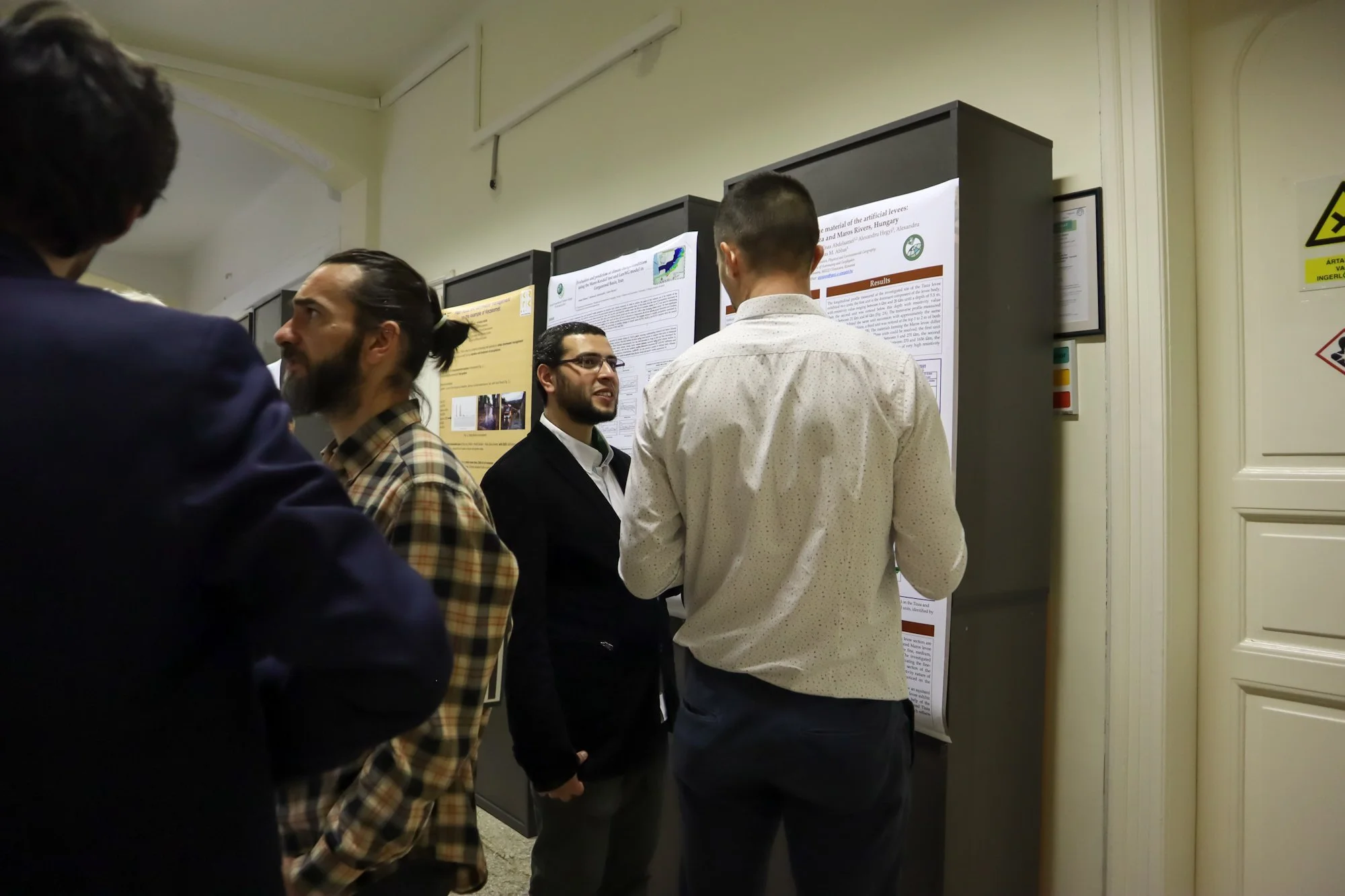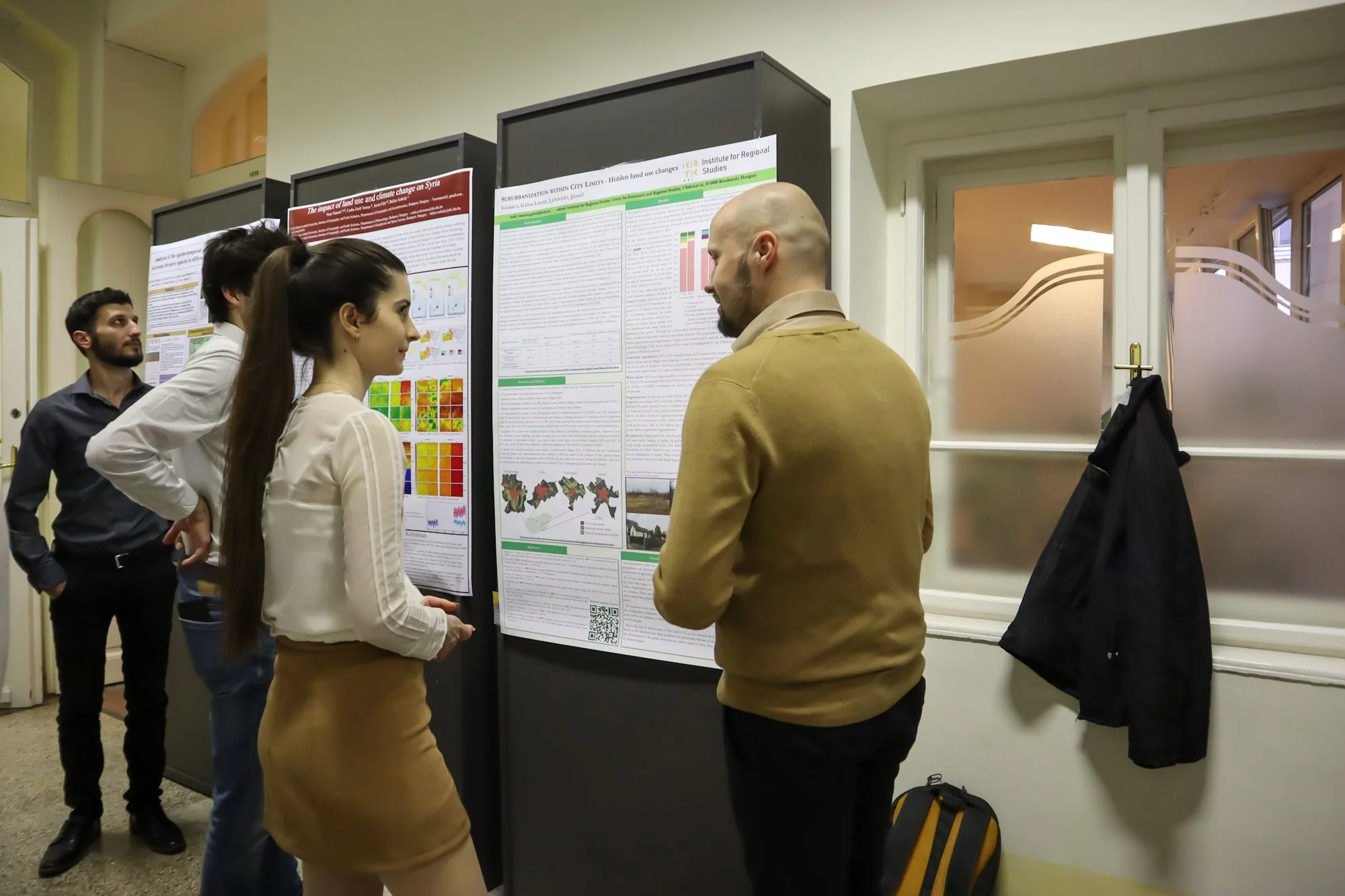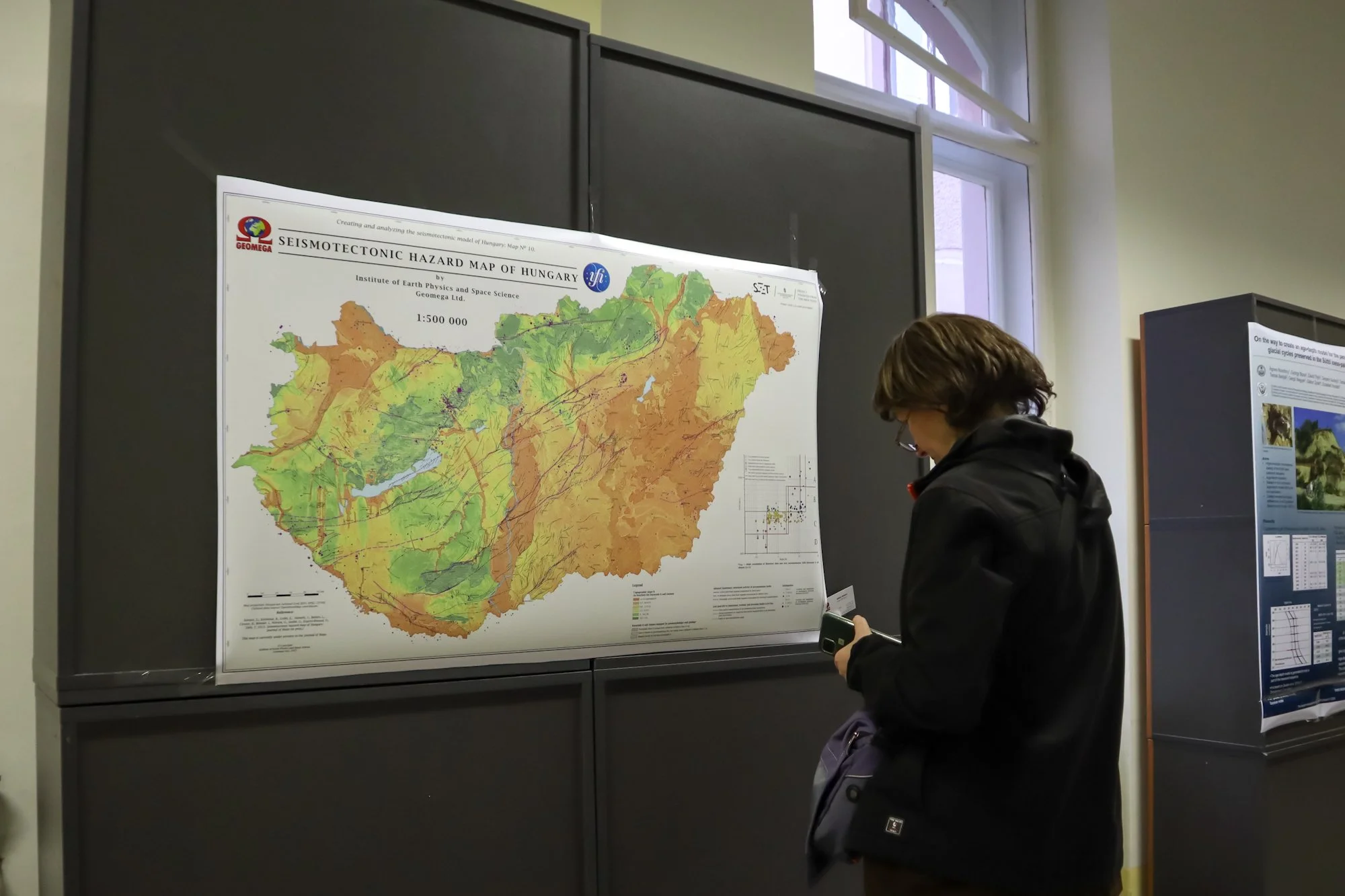Natural Hazards and Climate Change International Conference at the University of Szeged
The Department of Geoinformatics, Physical and Environmental Geography of the University of Szeged hosted an international conference titled Natural Hazards and Climate Change on March 23-24.
Nearly 100 scientists from four continents gathered in Szeged to discuss recent research findings in terms of natural disasters and climate change. The focus of the conference was on how climate change relates to the frequency of natural disasters and epidemics, and what effects natural hazards have on human health.
At the opening, Prof. Dr. Péter Zakar, Vice-Rector for International and Public Relations of the University of Szeged, greeted the participants and expressed what a great pleasure it is to host a scientific forum that deals with an important and current topic and is of serious international interest.
"I'm confident that this conference and this workshop will provide you with a suitable framework to present your new research results and to make your professional proposals. By doing so, we can take another step forward and help humanity prosper in the future. I think there can hardly be a more noble goal" - Prof. Zakar said.
The event's guest of honor, Talantbek Kushchubekov, Kyrgyzstan's ambassador to Hungary, spoke about the serious problems caused by climate change, affecting for example mountain ecosystems in his country.
Dr. György Sipos, head of the Department of Geoinformatics, Physical and Environmental Geography, emphasized in his opening speech that this year is very special in the life of the Department, as they are celebrating the 100th anniversary of geography education in Szeged.
"The topics of this conference, namely the returning droughts, floods, earthquakes, and epidemics - the latter being considered natural disaster to some extent - are happening here in front of our eyes. And as geography scientists, our everyday research connects to these topics" - he told reporters when asked about what the idea of organizing the event was.
Sections of the conference were dedicated to the discussions of floods and the newest methods of flood modeling, for example with the use of AI, in which Szeged-based scientists are also involved. Research on droughts, drought forecasts, and satellite remote sensing methods was another central topic of the event.
“The Department of Geoinformatics, Physical and Environmental Geography has good relations with the scientists in the region, from Timisoara and Bucharest in Romania, and also from Novi Sad and Belgrade in Serbia, for example. They are also attending the conference, as well as scientists from Germany and the United States. Stipendium Hungaricum Ph.D. students of ELTE Budapest, the University of Pécs, and other universities of Hungary also take part and since some of them come from Africa and Asia, we can say the present conference covers research related to the natural hazards of four continents” - Dr. Sipos explained to Szegedify.
Natural Hazards and Climate Change Conference was supported by EUGLOHRIA, the The European University Alliance for Global Health – Transformation through Joint Research and Innovation Action, a cooperation program of 5 European universities, including SZTE. The conference had a strong focus on the effect of climate change on human health, as heatwaves and other climate-related effects are considered natural hazards too. The plan is to generate future projects - based on the workshops of the conference - with the participation of the University of Szeged and the Ludwig Maximilian University of Munich.
Photos and featured image: Szilvia Molnar / Szegedify

